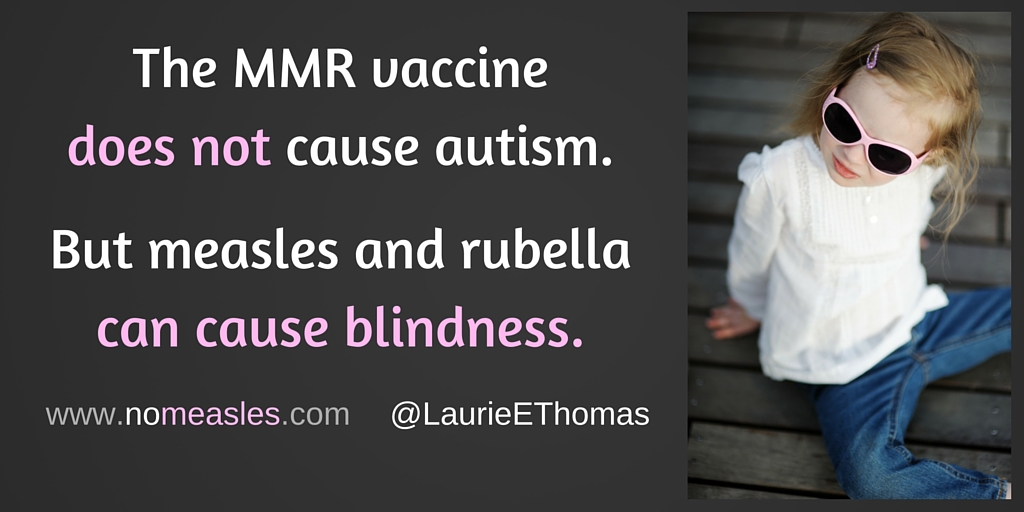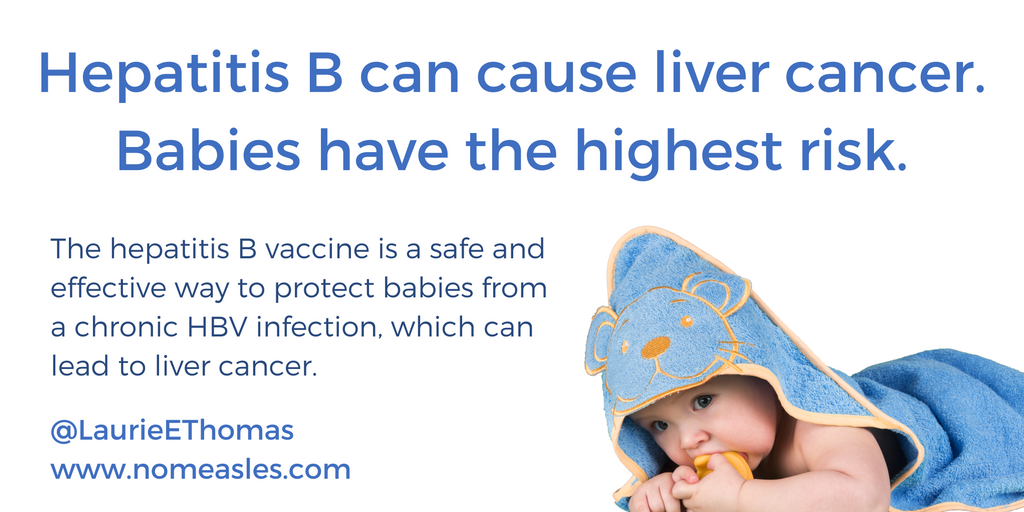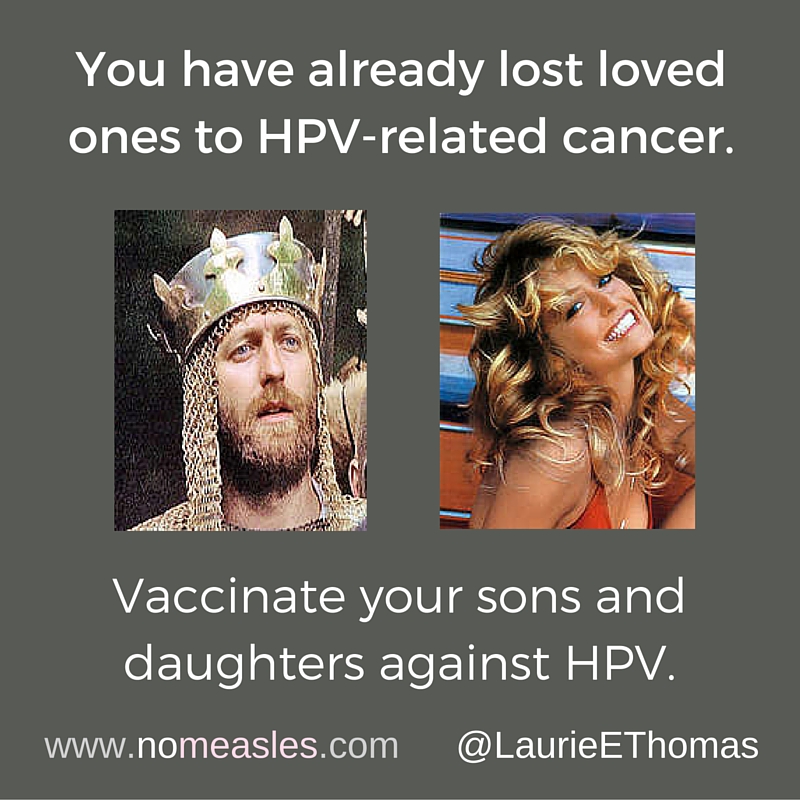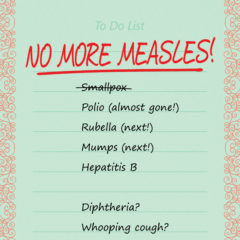Here are some of the most commonly asked questions about vaccines.
Do vaccines cause autism?
No. Unvaccinated children are just as likely as vaccinated children to get autism. Neither vaccines nor any ingredient in vaccines does anything to increase the risk of autism. However, the vaccine-preventable diseases can cause severe illness leading to hospitalization. They can also cause blindness, deafness, mental retardation, and death.

The false rumors about vaccine and autism were spread by dishonest people who were trying to sell useless products and services to the parents of autistic children.
Why does my baby need shots against diseases I have never heard about?
Thanks to vaccination, diseases that used to be common are now rare. For example, diphtheria used to be a major cause of death among children. Yet today, we may go for years without even one reported case anywhere in the United States. Unfortunately, if we stop vaccinating against these diseases, they can come back. For example, vaccination rates fell in the Russian Federation after the collapse of the Soviet Union. As a result, there was a terrible outbreak of diphtheria in the early 1990s. Diphtheria remains a deadly disease, even with the best of medical care: http://wwwnc.cdc.gov/eid/article/18/2/pdfs/11–0987.pdf
Why do vaccines contain mercury?
Many vaccines, such as the MMR vaccine, have never contained the mercury-containing preservative thimerosal. Thimerosal was used to prevent bacteria and fungi from growing in multidose vials of vaccine products. It is also commonly used as a preservative in contact lens solution. Thimerosal had been used as a vaccine preservative since the 1930s. There was never any evidence that the thimerosal in vaccines was causing any safety problems. However, scientists at the CDC recommended in 1999 that pharmaceutical companies should make vaccines without thimerosal. Since 2001, practically all childhood vaccines have been mercury-free. Only after this decision was made, antivaccine activists started trying to use the threat of mercury poisoning as a way to scare people away from vaccinating their children. As a result, many people are exposing their children to the risk of serious illness, permanent disability, or even death because of their fear of a preservative that was never shown to be harmful and has been removed from practically all vaccines.
Why do vaccines contain formaldehyde?
Some vaccines are made out of the dangerous toxins that are produced by bacteria. During the manufacturing process, these toxins are treated with formaldehyde to deactivate them. As a result, the toxins lose their ability to harm the body. However, the retain enough of their shape that the immune system learns to recognize them. The manufacturers then remove as much of the formaldehyde as possible. Trace amounts of formaldehyde do remain in some vaccine products, but these amounts are too small to do any harm. Formaldehyde is a naturally occurring organic compound. The body produces small amounts of formaldehyde during normal metabolism of proteins. You would get roughly 50 times as much formaldehyde from eating a pear than you would get from a vaccine.

Why are vaccines against hepatitis B and HPV being given to children?
Many parents are angry that the doctor wants to vaccinate their child against some diseases that can be sexually transmitted: hepatitis B virus (HBV) and human papillomavirus (HPV). However, there are good reasons for giving these vaccines to children. First of all, not all cases of hepatitis B are sexually transmitted. Hepatitis B can also be spread by other kinds of close contact, such as sharing a toothbrush. Hepatitis B can cause a chronic infection that eventually leads to liver cancer. Young children are the people who are most likely to develop this chronic infection after exposure to hepatitis B. By vaccinating young children, we protect the children against liver cancer. We also reduce the risk that they will be spreading hepatitis B to other people.

The studies of the HPV vaccine have shown that the vaccine is most effective in patients who have never been exposed to any of the vaccine strains of HPV. The HPV vaccines are remarkably safe, and they have already led to sharp decreases in the prevalence of the vaccine strains of HPV. Soon, these will translate into decreases in the incidence of cervical cancer in women and cancers of the anus, mouth, and throat in women and men.


